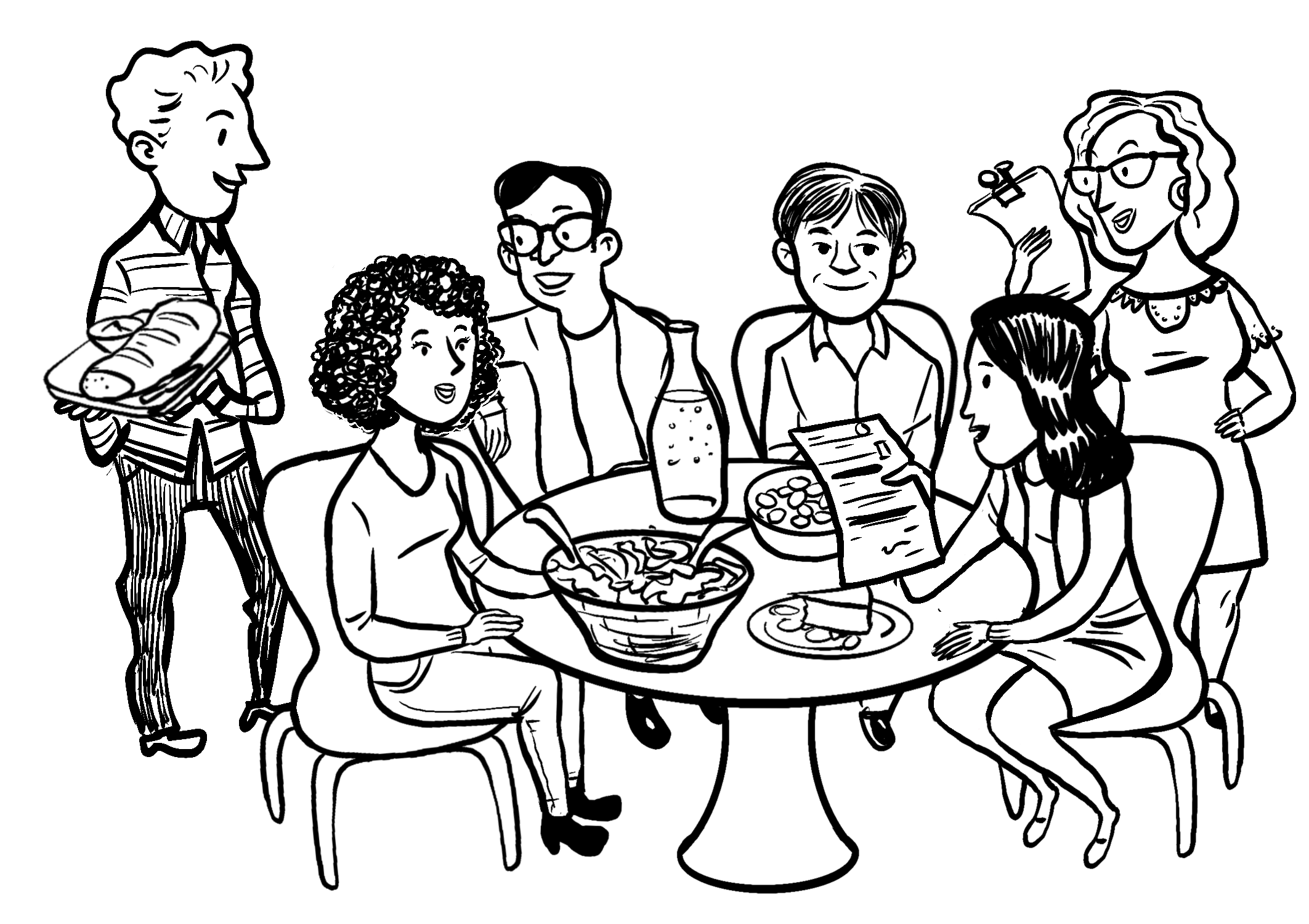Jane Schmitz started the Better Food Policy Fund, a Collective Action Fund, at Tides.
She shares why handing over decision-making about funding to proximate leaders was an important part of her philanthropy.
She shares why handing over decision-making about funding to proximate leaders was an important part of her philanthropy.

A. I’m most interested in funding policy and movement building to advance nutrition security in the United States. We seek to invest in the expansion or improvement of our federally-funded nutrition programs such as the National School Lunch Program, Women Infants Children Program or Supplemental Nutrition Assistance Program. A trust-based approach has allowed our Fund to approach policy experts and advocacy leaders at Center for Science in the Public Interest and Food Research Action Center, to name just two, and ask them: “policy making is in constant flux, how best can you use grant support to advance your work given this specific moment in time?” Over time, I’m more convinced of how important community-based organizations are for just and lasting change. We are not a place-based funder so we are able to strategically consider investments; that approach has not changed over time.
A. I discuss trends and opportunities in food system change every year with a colleague, Shannon Maynard, the Executive Director of the Congressional Hunger Center. We’ve been in dialogue for years and years. She mentioned several examples of Food Policy Councils in action and likewise mentioned how underappreciated they are by funders. The more that I learned about the importance of Food Policy Councils and how underfunded they were, the more that I became convinced that a participatory approach to raising and distributing funds would be best. Food policy councils* are diverse in structure and exist throughout the United States. Just as food systems are regional or local, so are FPCs. The most helpful FPCs are responsive to and inclusive towards their community, and listen to concerns from those most active in improving their local food system. So the Better Food Policy Fund is in turn deferring to FPCs members to determine how best to support their growth.


A. Before consulting the Tides Foundation about this idea of supporting FPCs, I had never heard of a Collective Action Fund. Distinct from a Donor-Advised Fund, a CAF puts an Independent Advisory Council in charge of grantmaking decisions instead of the donor.
At the beginning of this process, I was surprised by the enthusiasm of the FPC community for this effort to raise more funds for their work. But it’s no longer surprising since I’ve now heard this feedback so often in the past months.
A. Find your own Christy Shi Day! We partnered with Christy Shi Day, a consultant, to bring this idea to life. In addition to being the most organized person that I’ve ever met, Christy is a seasoned facilitator who guides the participatory process with deftness and humor. Shifting your funding towards more participatory processes doesn’t have to be “all in” right away, your fund or foundation can move towards devolving decisions as you learn and gain confidence. And that leads into my best part of diving into participatory grantmaking: it’s personally enjoyable. Not only is it the right thing to do, it also feels good to learn new ways to do work and to engage in relationship-based work. It’s a challenge to be aware of a need and not be able to make a swift grant. Many of us in philanthropy want to act fast and participatory grantmaking involves a healthy amount of listening and humility.

*A food policy council is an organized group of stakeholders that may be sanctioned by a government body or may exist independently of government, which works to address food systems issues and needs at the local (city/municipality or county), state, regional, or tribal nations level. (Food Policy Networks, Johns Hopkins Center for a Livable Future)
© 2022 · fnofund.org.